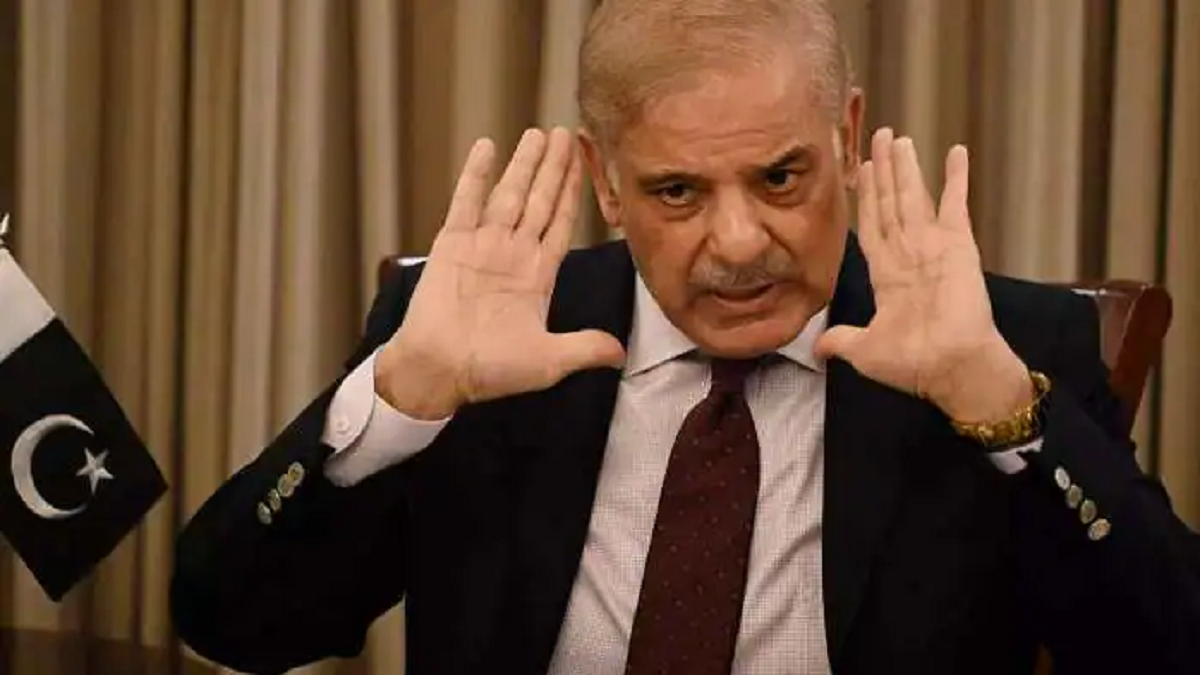To revive a crucial $6.5 billion bailout package from the International Monetary Fund (IMF), Pakistan’s Prime Minister Shehbaz Sharif has reached out to a multitude of influential global capitals. The discussions aim to address significant differences between Islamabad and the IMF over budgetary figures.
According to anonymous sources, PM Sharif had an off-the-record meeting with ambassadors from various Western, European and Asian nations, just 11 days ahead of the termination of the current IMF program. The assembled diplomats represented the United States, the United Kingdom, France, Germany, the European Union, Japan, China, Saudi Arabia, Qatar and the United Arab Emirates.
During the meeting, PM Sharif informed the diplomats about the persistent efforts by Finance Minister Ishaq Dar and himself to save the bailout deal over the past few months. He emphasized the government’s keenness to secure at least $1.2 billion from the remaining $2.6 billion tranche, contingent on the completion of the pending 9th review.
The foreign ambassadors were updated on various steps taken by Pakistan as per their agreement with the IMF, including a Rs170 billion minibudget, increment in electricity and gas tariffs, interest rates hikes, and allowing market forces to determine the exchange rate.
Despite these actions, disagreements persist between Pakistan and the IMF, specifically about amendments in the proposed budget, increment in the Benazir Income Support Program’s monthly stipend, petroleum levy rate hike and adjustments in the foreign currency market.
Pakistani officials argue that they’ve managed to bridge the external financing gap due to significant improvements in the current account deficit. They contradicted the IMF’s projected $7 billion annual deficit by presenting data that showed a deficit of only $2.9 billion during the first 11 months of the current fiscal year.
Read More: Controversy Surrounds Proposed Legislation Limiting Disqualification Period Under Article 62(1)(f)
As of last Friday, the country’s official foreign exchange reserves were around $3.5 billion, notwithstanding a $1 billion infusion from the China Development Bank. However, insiders predict that reserves may increase to $3.8 billion by Wednesday due to anticipated Chinese financing of $300 million.
Throughout these proceedings, the PM has been actively communicating with IMF Managing Director Kristalina Georgieva, penning three letters in less than a month. The PM’s letters touched on the effective operation of the foreign exchange market, budgetary measures and the elimination of electricity subsidies.
In return, the IMF has highlighted several actions it believes Pakistan still needs to take to complete the 9th review. These include aligning the proposed budget with the program objectives and withdrawing the $100,000 tax amnesty scheme.
As Bloomberg reported, failure to revive the IMF program could result in a drastic dollar shortage in the first half of the next fiscal year, leading to a substantial risk of default. This scenario could also result in a significant reduction in growth, and increased inflation and interest rates in fiscal 2024.
As Pakistan braces for additional repayments of $4 billion between July and December, which cannot be rolled over, talks with the IMF regarding any new bailout package aren’t expected to commence until after the elections in October.



























